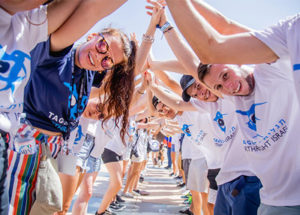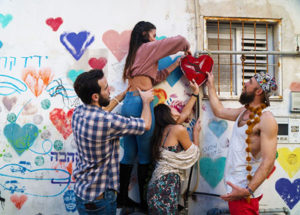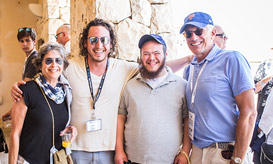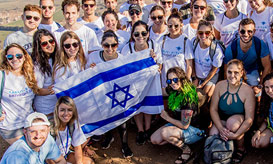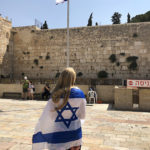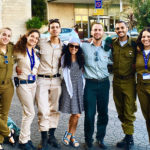The first time I traveled to Israel was when I was fourteen and then most recently…
I went on my Birthright Israel trip in 2011 at the ripe age of 19. Like many participants in this demographic, I was excited about the experience (who doesn’t love the rare gift of free travel?) and eager to explore my Jewish identity more. My Jewish upbringing wasn’t atypical for an American Jew; I went to synagogue on the high holidays, I went to Sunday school, I had a Bat Mitzvah, and I complained about all of it. Israel was a place I’d always been told was the most special place for Jewish people, and my attitude towards Judaism prior to Birthright Israel was mostly one of compliance. I had no idea what I was in for.
Fast forward 8 years, and I’m working as a professional speaker and facilitator in the busy city of San Francisco. I speak about loneliness in the millennial generation and how millennials can use their emotional experiences as tools for connection. My work aims to give millennials the tools to create more meaningful connections, which lead to building strong community as young adults – a concept that has gradually been lost on my generation. Working as a professional community builder has been a wildly rewarding experience and one that keeps me learning every single day. I owe much of my interest in this field to my Birthright Israel experience.
Birthright for me was many things – it was emotional and confronting and connective and blissful – but most of all, it was my first taste of what true community can feel like. This taste of community is what catapulted me into getting involved with leadership positions at Hillel on my college campus, to study abroad in Haifa, to participate in countless Jewish programs, to make Aliyah and live in Israel, to work in the Jewish professional community, and to give back to this organization by staffing 11 Birthright Israel trips (so far).
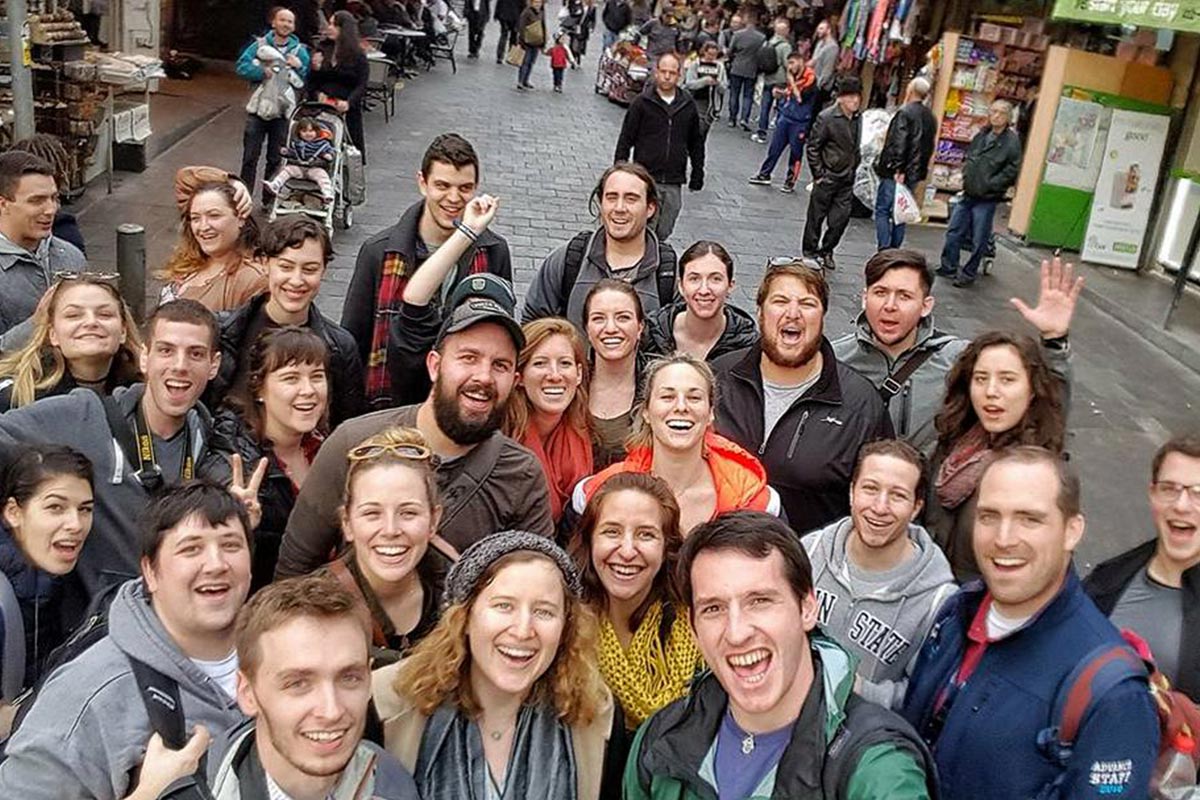
This taste of community is also what has helped me, as an adult, to deeply understand the pillars of creating connection, which I frequently use in my work. Connection happens through 5 different avenues: connection to self, others, higher power, physical space, and to purpose. On good Birthright Israel trips, most of these things will take care of themselves – it’s easy to feel connected to a beautiful place (connection to physical space) and make some friends that you’ll hopefully keep in touch with (connection to others). On great Birthright Israel trips, however, all 5 of these avenues will be walked down intentionally, and participants will leave Israel asking not “Did this trip change me?” but “How am I going to take ownership of integrating this experience into my life?”
Connecting young Jewish people to their history and identity is crucial, especially as young people tend to move away from faith-based organizations. The key to creating these connections is through the intentional building of community on a Birthright Israel trip. Years later, I now see the way that my trip primed me to be a “Birthright success story.” By creating safe and vulnerable spaces for us to share our emotional experiences as we traversed our beautiful land, we were able to see all 48 strangers on the bus as family. By acknowledging the resiliency of a deeply complex country whose majority of people still long for peace, we were able to feel connected to Jews throughout history. And by ingraining the fact that this experience will never be again, we created a community that will live with each individual participant for a lifetime.

